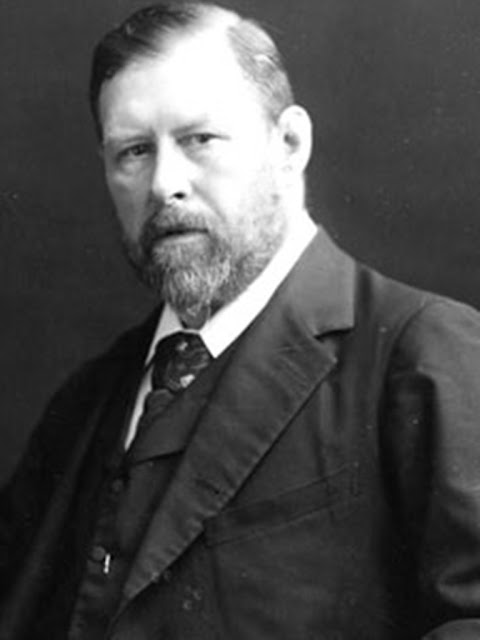Throth, yer ’ann’rs, I’ll tell ye wid pleasure; though, trooth to
tell, it’s only poor wurrk telling the same shtory over an’ over agin. But I
niver object to tell it to rale gintlemin, like yer ’ann’rs, what don’t forget
that a poor man has a mouth on to him as much as Creeshus himself has.
The place was a market town in Kilkenny—or maybe King’s
County or Queen’s County. At all evints,
it was wan of them counties what Cromwell—bad cess to him!—gev
his name to. An’ the house
was called after him that was the Lord Liftinint an’ invinted the polis—God forgive
him! It was kep’ be a man iv the name iv Misther Mickey
Byrne an’ his good lady—at laste it was till wan
dark night whin the bhoys mistuk him for another gindeman, an unknown man, what
had bought a contagious property—mind ye the impidence iv him. Mickey was
comin’ back from the Curragh Races wid his skin that tight wid the full of the whiskey
inside of him that he couldn’t open his eyes to see what was goin’
on, or his mouth to set the bhoys right afther he had got the first tap on the
head wid wan of the blackthorns what they done such jobs wid. The poor bhoys
was that full of sorra
for their
mishap whin they brung him home to his widdy that the crather hadn’t
the hearrt to be too sevare on thim. At the first iv course she was wroth,
bein’ only a woman afther all, an’ weemun not bein’ gave to rayson like nun is.
Millia murdher! but for a bit she was like a madwoman, and was nigh to have cut
the heads from affav thim wid the mate chopper, till, seein’ thim so white and
quite, she all at wance flung down the chopper an’ knelt down be the corp.
‘Lave me to me dead,’
she sez. ‘Oh mm! it’s no use more people
nor is needful bein’ made unhappy over this night’s terrible
wurrk. Mick Byrne would have no man worse for him whin he was living, and he’ll
have harm to none for his death! Now go; an’, oh bhoys, be dacent and quite,
an’ don’t thry a poor widdied sowl too hard!’
Well, afther that she made no change
in things ginerally, but kep’ on the hotel jist the same;
an’ whin some iv her friends wanted her to get help, she only sez: ‘Mick an’ me
run this house well enough;
an’ whin I’m thinkin’ of takun’ help I’ll tell yez. I’ll go on be meself,
as I mane to, till Mick an’ me comes together agun.’
An’, sure enough,
the ould place
wint on jist the same,
though, more betoken,
there wasn’t Mick wid his
shillelagh to kape the pace whin things got pretty hot on fair nights, an’ in
the gran’ ould election times, when heads was bruk like eggs—glory be to God!













